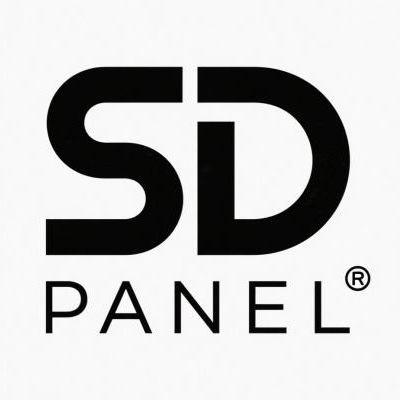How to select the right HEPA Filter for cleanroom
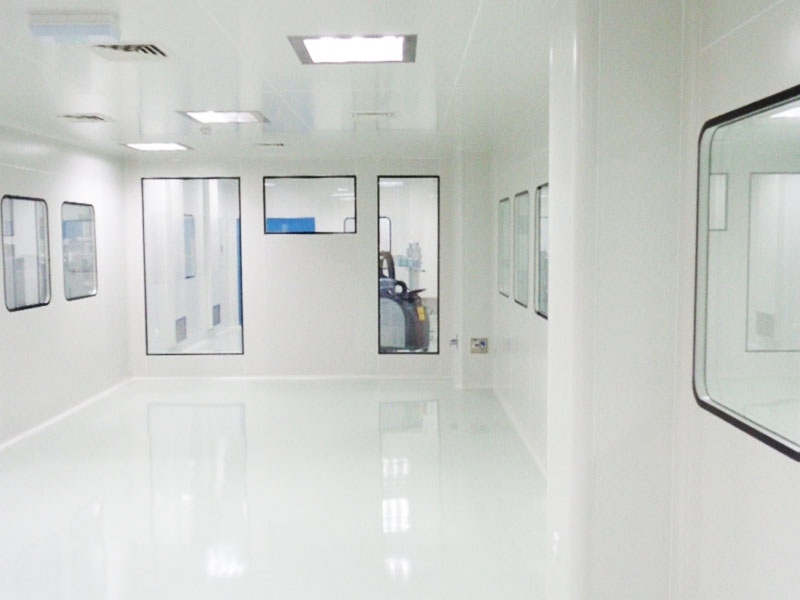
In your cleanroom system, the selection of various equipment needs to be specified based on functional needs. Among them, HEPA filter(High Efficiency Particulate Air) are critical components in cleanroom systems and are critical to maintaining the required ISO grade, product quality, and process integrity. To ensure that your specific needs are met, we should follow the following principles:
Determine Cleanroom ISO Class and Contamination Control Needs
ISO 14644-1 classes specify the required level of air cleanliness (e.g., ISO Class 5 requires more stringent filtration than ISO Class 8).
ISO Classes
ISO 5 (Class 100): Critical for semiconductor manufacturing, sterile pharmaceuticals (Class A/B), and certain biotech industries.
ISO 7-8 (Class 10,000-100,000): Sufficient for medical devices, packaging, or labs with less stringent requirements.
From this perspective, ISO 5 cleanrooms have higher filtration efficiency than ISO 8 cleanrooms. HEPA filter efficiency should meet or exceed the cleanroom class standard.
Focus on particle size
The efficiency of HEPA filter is related to the size of the particles. In some cleanrooms, the particles are smaller, and we determine the efficiency of HEPA filters based on this requirement. Typically, HEPA filters are 99.97% efficient or higher, effectively capturing particles as small as 0.3 microns.
Select HEPA Filter Efficiency Level
Standard HEPA (H13): Filters ≥99.95% of 0.3 µm particles (suitable for ISO 6-8).
High-Efficiency HEPA (H14): Filters ≥99.995% of 0.3 µm particles (common for ISO 5).
ULPA (U15-U17): Filters ≥99.9995% of 0.1–0.2 µm particles (required for ISO 3-5 in ultra-sensitive processes).
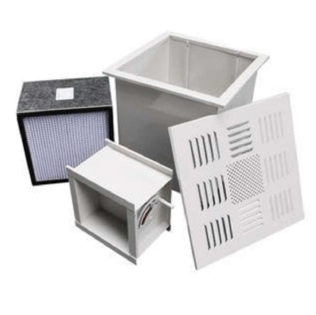
Hepa Unit
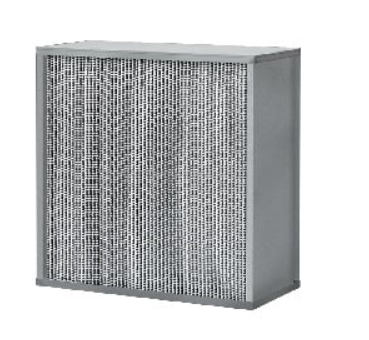
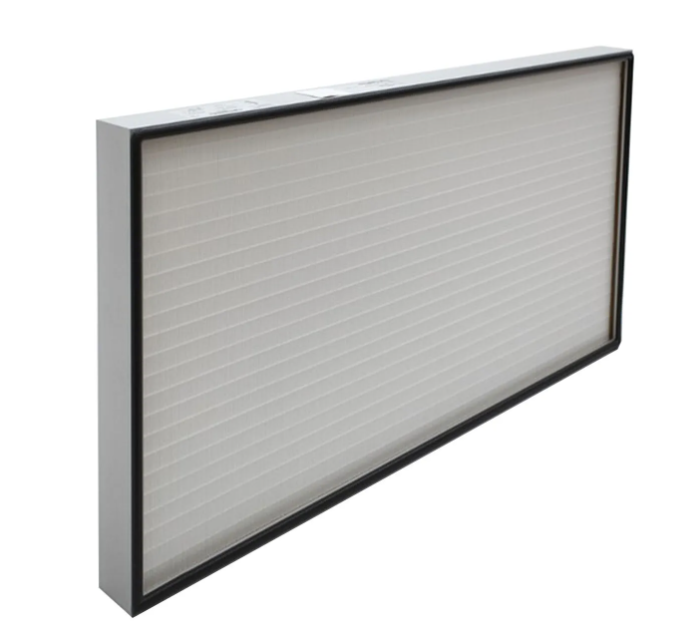
Evaluate the HEPA filter application environment
HEPA filter performance will vary in different environments. For example, high humidity, high temperature or corrosive environments require specialized HEPA filters with heat, moisture or corrosion resistance. Also, consider the cleanroom airflow pattern and velocity, as unidirectional and non-unidirectional flow patterns require different filter designs. Unidirectional (laminar) cleanrooms require a velocity of 0.45 m/s ±20% (ISO 5+ standard). Non-unidirectional cleanrooms depend on the number of air changes per hour.
Determine HEPA filter size and installation method
Choose the right size and shape of HEPA filter based on the cleanroom design and ventilation system. Make sure the filter fits seamlessly into the ventilation system for easy installation and maintenance. Filter size: The size should match the existing enclosure/plenum (common sizes: 610×610 mm, 305×610 mm, etc.). Also, evaluate the pressure drop across the filter, as HEPA filters will increase resistance. Make sure your HVAC system can withstand the initial and final pressure drop across the filter without compromising airflow.
Consider HEPA filter structure and environment
Depending on the environment, the filter structure material is different.
Frame material of HEPA filter
The galvanized steel is used for general standard purposes; aluminum is used for environments that require lightweight materials and corrosion resistance; stainless steel is suitable for corrosive/sterile environments (such as pharmaceuticals).
Seal of HEPA filter
Gasket materials are generally made of neoprene and EPDM, which have the advantage of being easy to replace. Polyurethane gel is used for sealing in critical areas.
Filter material ofHEPA filter
Glass fiber aluminum is used in standard cases, hydrophobic coating is generally used in high humidity environments, and flame retardant filter materials are mainly used in safety-critical areas.
Cost of HEAP filter
The filter cost needs to consider the initial cost and maintenance cost. Initial cost: ULPA > H14 > H13. Maintenance cost: Consider energy consumption (the higher the pressure drop, the greater the fan power) and replacement frequency.
Supplier Selection
Selection of high-quality HEPA filters Manufacturers and service providers with mature cleanroom expertise. SDpanel provides innovative and leading cleanroom solutions, backed by rich industry experience and technical support. We provide efficient and durable HEPA filters and comprehensive service guarantees.
Choosing the right HEPA filter is critical to ensuring cleanroom performance and productivity. By balancing technical specifications, environmental needs, and lifecycle costs, you will get a HEPA solution that ensures cleanroom compliance and operational reliability. SDpanel is willing to provide effective air filtration for your cleanroom system.
